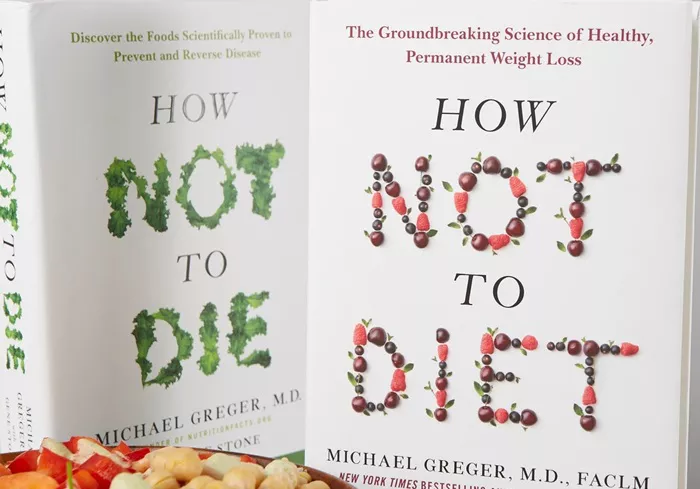Dr. Michael Greger, a renowned physician specializing in nutrition, emphasizes a whole-food, plant-based diet to promote longevity. Through his charity, NutritionFacts.org, and publications like How Not to Die and How Not to Age, Greger shares insights into how lifestyle choices impact health and lifespan. Alongside his diet, Greger follows a daily supplement regimen, particularly in the winter months, when sunlight is limited and vitamin D levels naturally decrease.
Emphasis on a Plant-Based Diet and Essential Supplements
In line with the dietary habits observed in “Blue Zones”—regions like Sardinia, Italy, and Loma Linda, California, known for residents who live longer than average—Greger advocates for a primarily plant-based diet. However, he supplements specific nutrients to ensure balanced health.
Greger takes 2,000 IU of vitamin D3 daily in winter due to limited sun exposure. Vitamin D is essential for calcium and phosphorous absorption, which supports bone, muscle, and dental health. Although vitamin D is naturally present in few plant foods, it can be found in fortified cereals and certain animal products like oily fish and red meat.
To meet vitamin B12 requirements, Greger consumes 2,000 micrograms weekly. This nutrient, crucial for nerve function and red blood cell formation, is primarily available in animal products, putting vegans and vegetarians at risk for deficiency. The supplement’s high dosage is necessary due to low absorption rates, but vitamin B12 is considered safe even in large amounts.
Supplements for Brain Health and Anti-Inflammatory Benefits
Greger also includes a daily algae-based DHA supplement, an omega-3 fatty acid critical for brain health and cognitive function. DHA makes up about 25% of the brain’s fat and is especially important as cognitive function naturally declines with age.
In addition, Greger takes a homemade antioxidant blend by encapsulating ground turmeric, black cumin, ground ginger, and dried gooseberry powder (amla) in an edible film. These ingredients, he explains, aren’t just supplements but rather whole foods high in antioxidants, which help combat cell-damaging free radicals linked to diseases such as cancer, heart disease, and diabetes. Turmeric’s anti-inflammatory polyphenols, black cumin’s cholesterol-lowering potential, ginger’s digestive benefits, and amla’s high vitamin C content provide a wide array of health benefits.
Evolving Understanding of Longevity Diets
Experts continue to research how specific foods and nutrients contribute to health and longevity. While tech industry figures like Sam Altman and Bryan Johnson adopt varied approaches to nutrition, longevity researchers find common ground in reducing protein—especially animal protein intake—to avoid the strain excess protein may place on certain cellular pathways. Harvard professor David Sinclair advocates for a vegan or vegetarian diet, citing studies that suggest high-protein diets may promote short-term wellness but potentially shorten lifespan.
Balancing Diet and Lifestyle for Long-Term Health
Dr. Greger’s dietary approach, enriched by strategic supplementation, aligns with growing interest in lifestyle-driven longevity. As research evolves, experts and advocates like Greger suggest that conscientious choices in both food and supplements can play a key role in living a longer, healthier life.
Related Topics
Resurgence of Scurvy Linked to Economic Challenges and Dietary Changes
Are Vitamin Deficiencies Behind Your White Skin Patches? Experts Weigh In
Cod Liver Oil: Rediscovering an Old Remedy with New Health Benefits



































